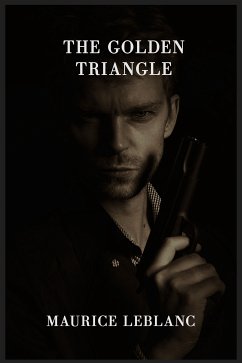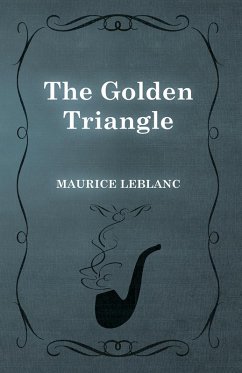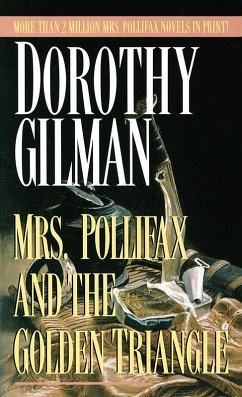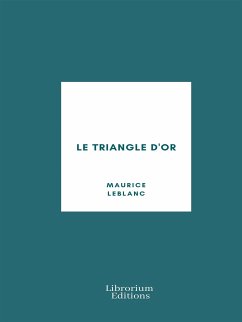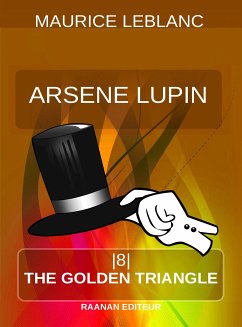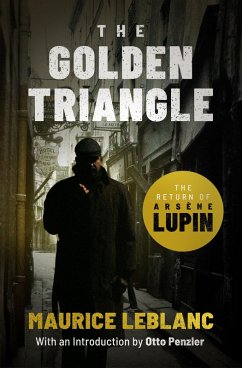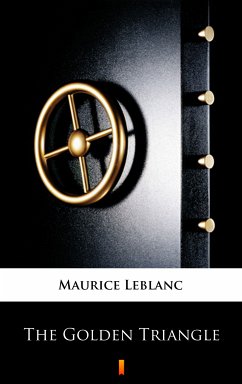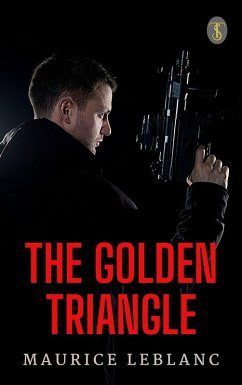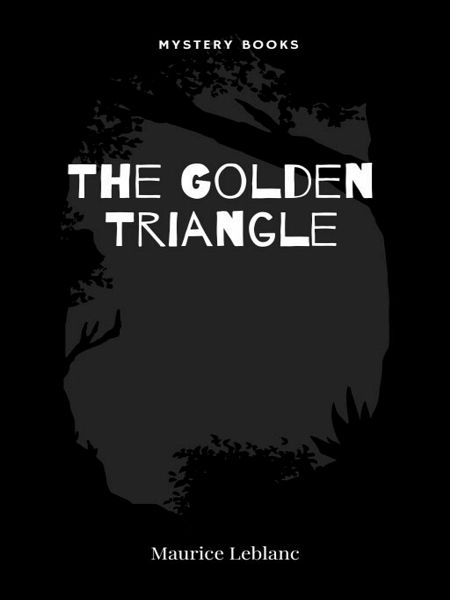
The Golden Triangle (eBook, ePUB)

PAYBACK Punkte
0 °P sammeln!
It was close upon half-past six and the evening shadows were growing denser when two soldiers reached the little space, planted with trees, opposite the Musée Galliéra, where the Rue de Chaillot and the Rue Pierre-Charron meet. One wore an infantryman's sky-blue great-coat; the other, a Senegalese, those clothes of undyed wool, with baggy breeches and a belted jacket, in which the Zouaves and the native African troops have been dressed since the war. One of them had lost his right leg, the other his left arm. They walked round the open space, in the center of which stands a fine group of Sil...
It was close upon half-past six and the evening shadows were growing denser when two soldiers reached the little space, planted with trees, opposite the Musée Galliéra, where the Rue de Chaillot and the Rue Pierre-Charron meet. One wore an infantryman's sky-blue great-coat; the other, a Senegalese, those clothes of undyed wool, with baggy breeches and a belted jacket, in which the Zouaves and the native African troops have been dressed since the war. One of them had lost his right leg, the other his left arm. They walked round the open space, in the center of which stands a fine group of Silenus figures, and stopped. The infantryman threw away his cigarette. The Senegalese picked it up, took a few quick puffs at it, put it out by squeezing it between his fore-finger and thumb and stuffed it into his pocket. All this without a word. Almost at the same time two more soldiers came out of the Rue Galliéra. It would have been impossible to say to what branch they belonged, for their military attire was composed of the most incongruous civilian garments. However, one of them sported a Zouave's chechia, the other an artilleryman's képi. The first walked on crutches, the other on two sticks. These two kept near the newspaper-kiosk which stands at the edge of the pavement.
Dieser Download kann aus rechtlichen Gründen nur mit Rechnungsadresse in A, B, BG, CY, CZ, D, DK, EW, E, FIN, F, GR, HR, H, IRL, I, LT, L, LR, M, NL, PL, P, R, S, SLO, SK ausgeliefert werden.




